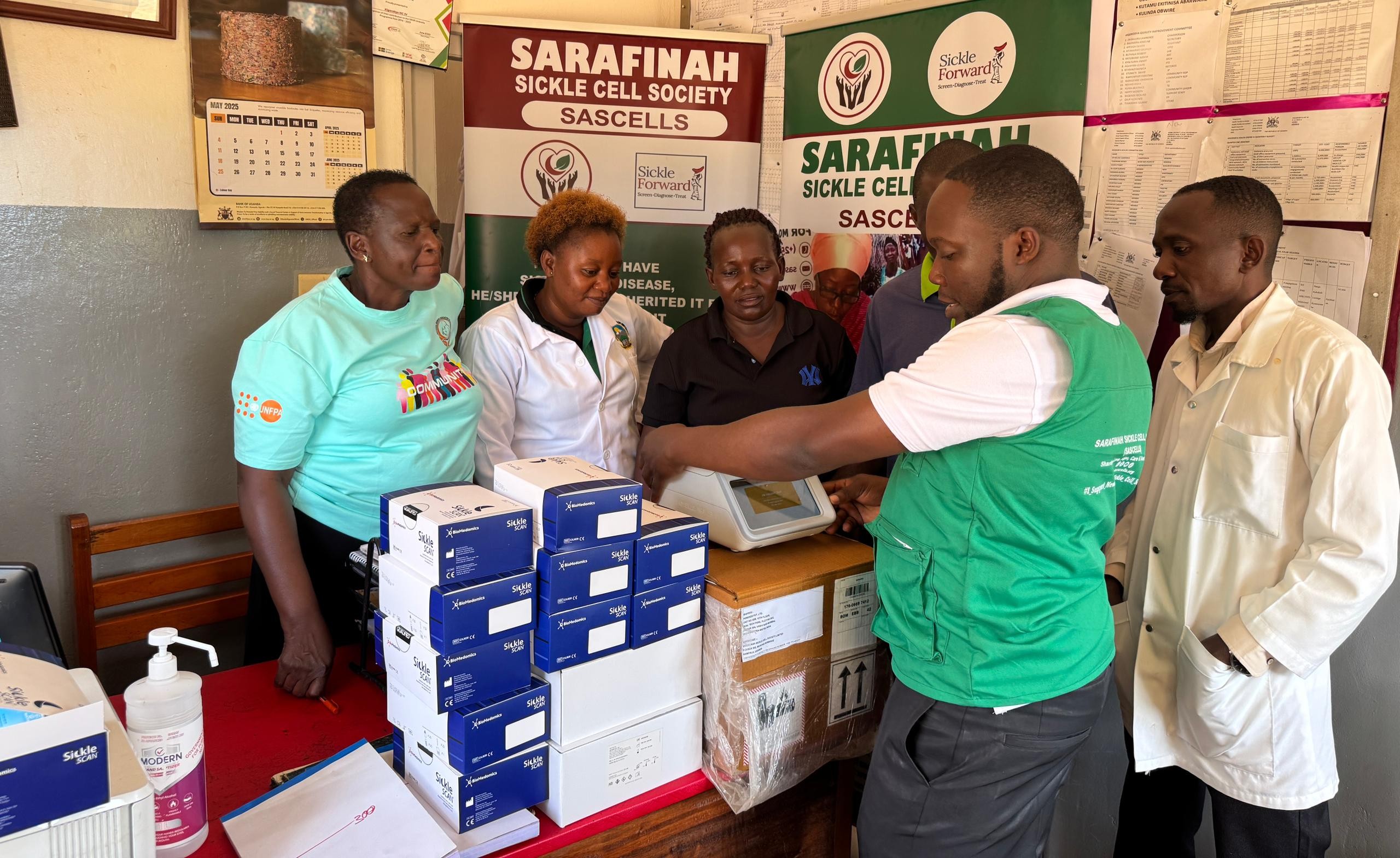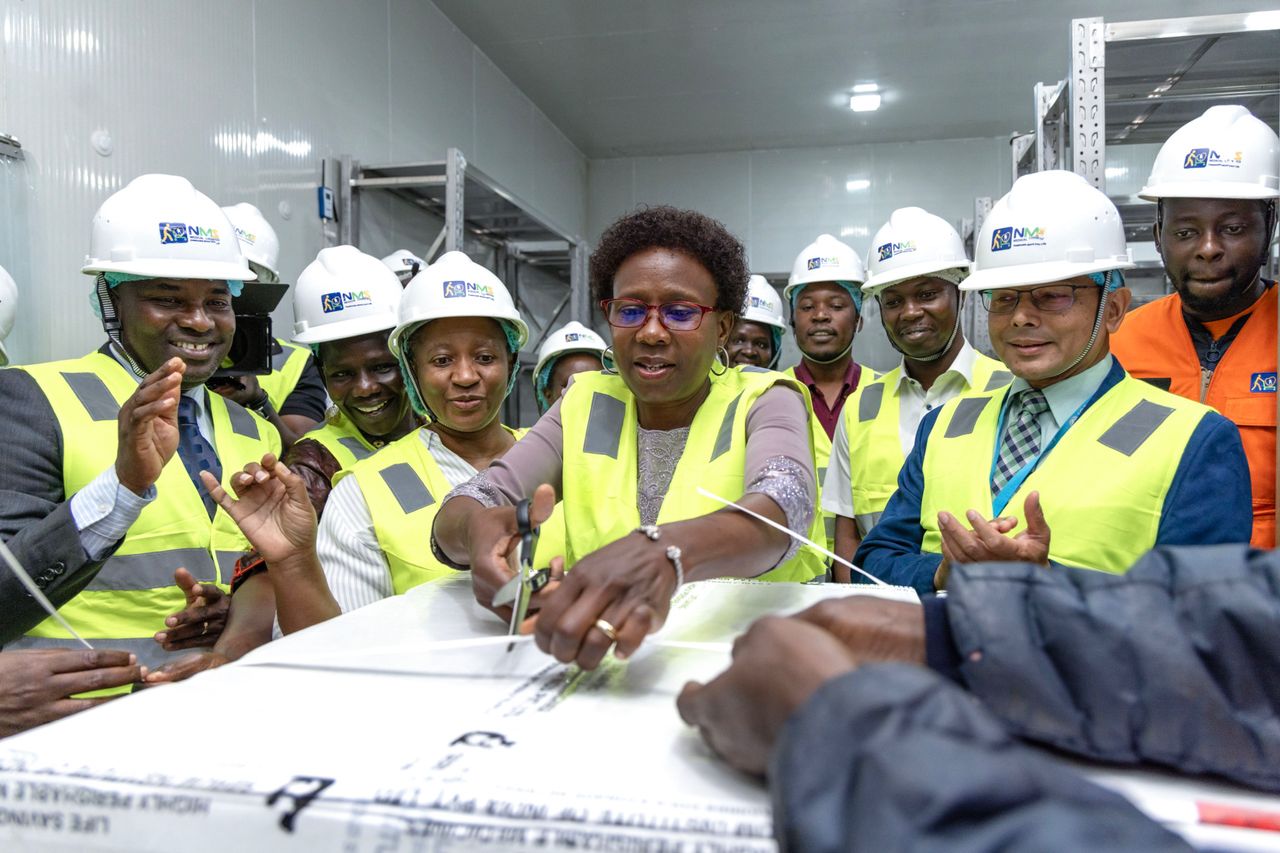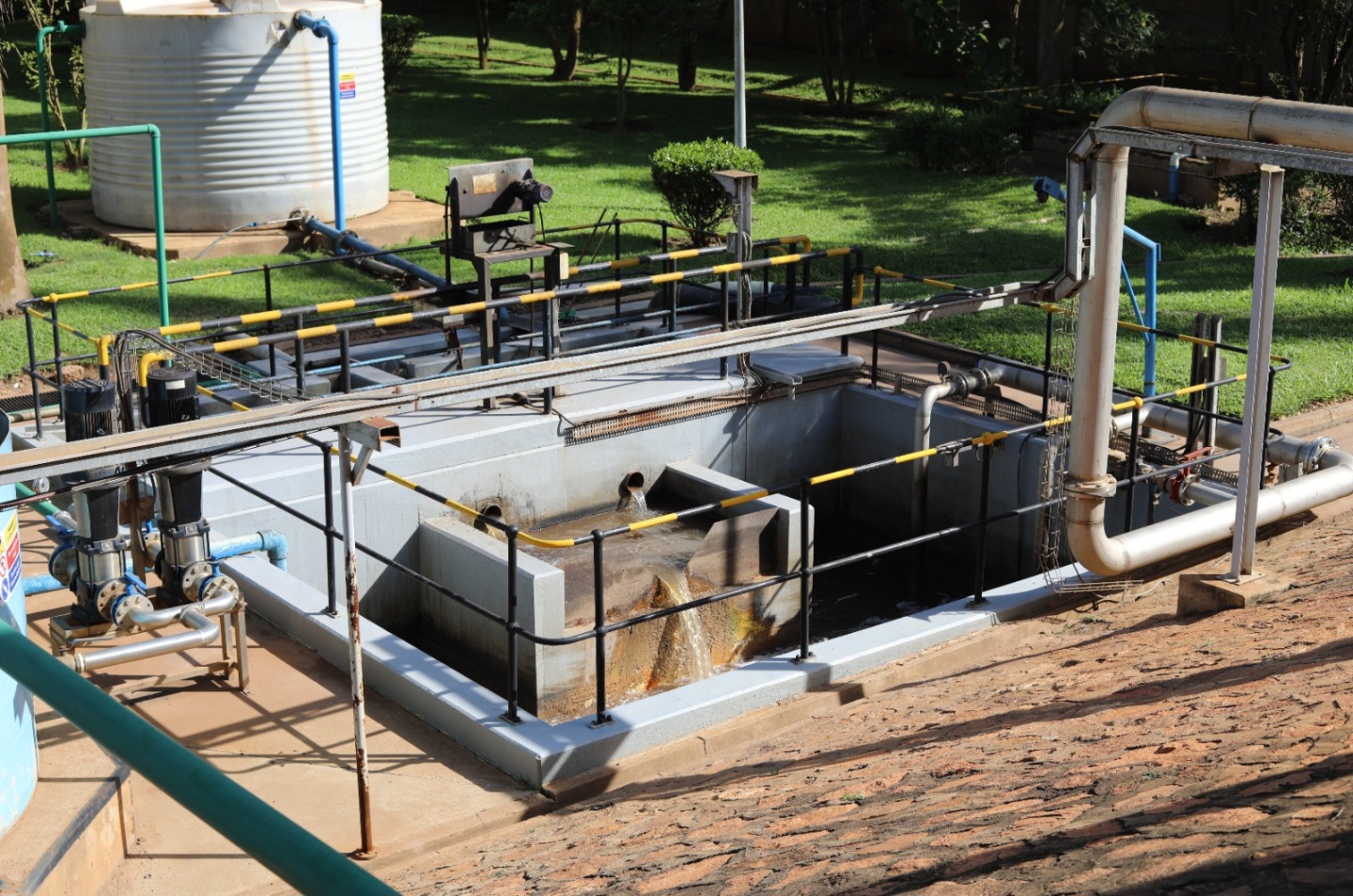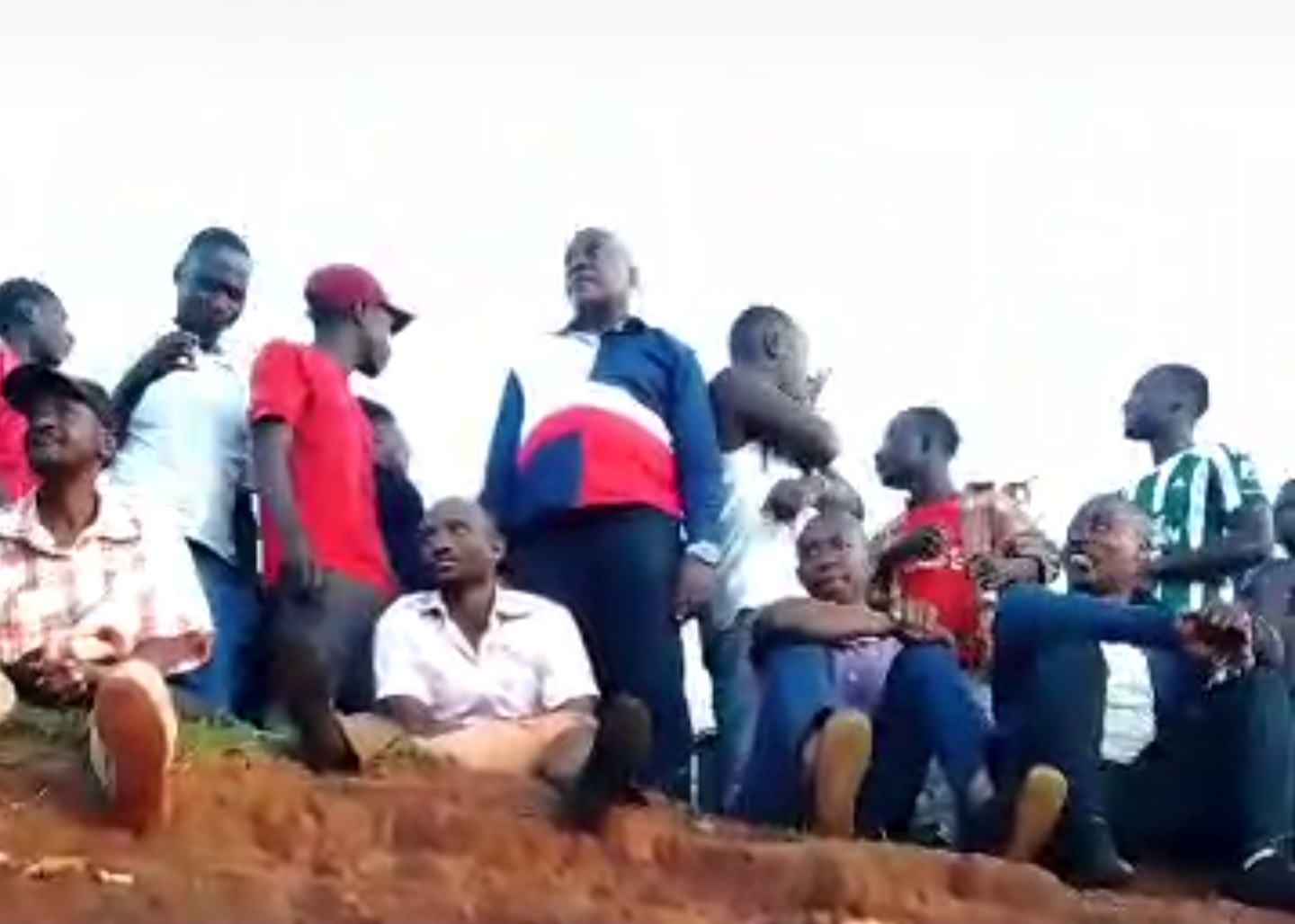Hoima, Uganda – In a major step towards combating sickle cell disease in the Rwenzori region, the Sarafina Sickle Cell Society (SASCELLS) has donated high-value testing kits and diagnostic equipment to eight health facilities across Hoima District.
The initiative is part of a broader project titled “Newborn Sickle Cell Screening and Treatment,” funded by the US-based organization Sickle Forward.
The project focuses on early detection and management of sickle cell disease in children aged 0 to 5 years.
The donated supplies include over 600 rapid test kits, diagnostic equipment such as a Gazelle machine for confirming cases, and patient record books to support ongoing care and monitoring.
Facilities and Donations
The following health centers benefited from the donation:
- Dwoli Health Centre III – 100 test kits
- Kigorobya Health Centre IV – 200 test kits, one Gazelle machine, one follow-up record book
- Kapaapi Health Centre III – 60 test kits
- Kabaale Health Centre III – 60 test kits
- Biseruka Health Centre III – 200 test kits
All facilities also received two patient record books to strengthen recordkeeping and follow-up care.
Empowering Health Workers
Speaking during the handover, Mahad Matovu, Programs Manager at SASCELLS, confirmed that the organization had stationed a team in the region to train health workers on the use of the test kits and Gazelle machine before distribution.
“This intervention is not just about equipment—it’s about empowering health workers to offer timely diagnosis and care,” Matovu said.
He added that three additional health facilities are expected to receive kits in coordination with the district health department.
A Lifeline for Local Health Facilities
Health workers at Kigorobya Health Centre IV expressed deep appreciation for the donation, which they say has come at a critical time.
Dr. Daniel Mugabi, head of the facility, said the machine will ease diagnosis and reduce the burden on patients who previously had to travel to Hoima Regional Referral Hospital—often unaffordable for many.
“With this machine, we’re confident about improving our services. We currently manage over 200 clients, and running our clinic just once a month,” Mugabi said.
He acknowledged challenges in patient follow-up and drug availability, particularly hydroxyurea, a key medication for managing the disease.
Mugabi appealed to SASCELLS to also support community sensitization programs.
“We don’t have a dedicated budget for outreach. Most patients come in when symptoms are already severe. If SASCELLS can help us educate the community, it would make a big difference.”
Relieving the Burden on Mothers and Children
Florence Ocho, Senior Nursing Officer at Kigorobya, echoed the need for localized testing.
She noted that previously, suspected cases had to be referred to Hoima, which created financial and logistical challenges for families.
“With these test kits, our local population will benefit directly. This will reduce the cost of referrals and improve early diagnosis and treatment,” she said.
Hope for Better Access
Health Centre IIIs across Hoima District face similar struggles with limited diagnostic capacity.
However, with the Gazelle machine now stationed at Kigorobya Health Centre IV, lower-level facilities can at least refer suspected cases for confirmation within a manageable distance.
As the region continues to grapple with the impact of sickle cell disease, the support from SASCELLS marks a hopeful milestone in the journey toward equitable healthcare access and early childhood intervention.





